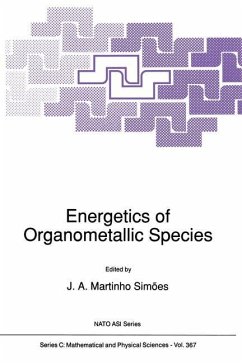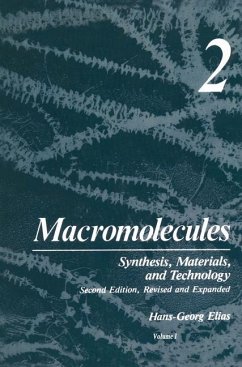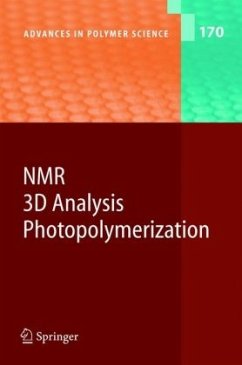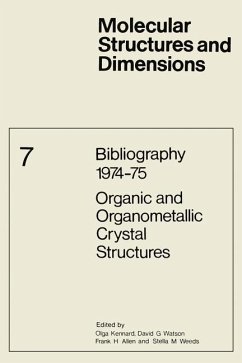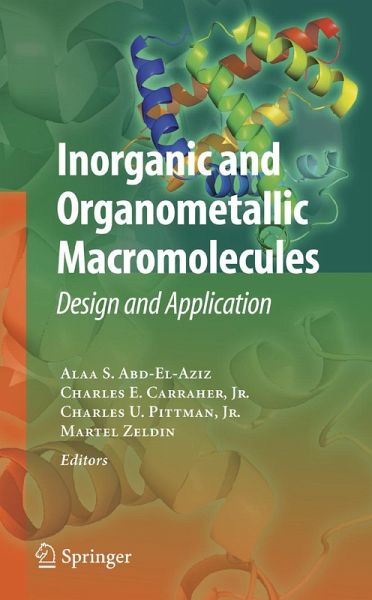
Inorganic and Organometallic Macromolecules
Design and Applications
Herausgegeben: Abd-El-Aziz, Alaa S.; Carraher, Charles E.; Pittman, Charles U.; Zeldin, Martel
Versandkostenfrei!
Versandfertig in 6-10 Tagen
76,99 €
inkl. MwSt.

PAYBACK Punkte
38 °P sammeln!
Polymeric materials of the 21st century often contain atoms that are not present in traditional polymers. Polymers containing nontraditional atoms are now of interest because of their unique properties. This book demonstrates the breadth of these properties and some of the specialized analytical techniques that have been developed to characterize them. Chapters 1, 2, 3, 4 and 7 emphasize the emerging special properties of mate- als dealing with the transmission of light for the purpose of communication, as well as other efforts. Later chapters deal with the use of materials in treating a varie...
Polymeric materials of the 21st century often contain atoms that are not present in traditional polymers. Polymers containing nontraditional atoms are now of interest because of their unique properties. This book demonstrates the breadth of these properties and some of the specialized analytical techniques that have been developed to characterize them. Chapters 1, 2, 3, 4 and 7 emphasize the emerging special properties of mate- als dealing with the transmission of light for the purpose of communication, as well as other efforts. Later chapters deal with the use of materials in treating a variety of disease-causing microbes-including viruses responsible for pandemic herpes and the common cold (Chapter 8), cancers (Chapter 11), and bacterial infections (Chapter 17). The interaction of these materials for future biological investigations is investigated in Chapters 5 and 6. Chapter 12 provides a comprehensive review of the application of Mössbauer spectroscopy to metal-containing polymers and Chapter 13 reviews the application of a new mass spectrometry technique. The use of metal-containing polymers as catalysts is described in Chapters 1, 9, and 10. Their use as precursors for advanced ceramics (Chapter 14), high temperature materials (Chapter 15), and flame reta- ants (Chapter 16) is also discussed. The unusual property of selected materials to spontaneously form fibers is described in Chapter 18.






